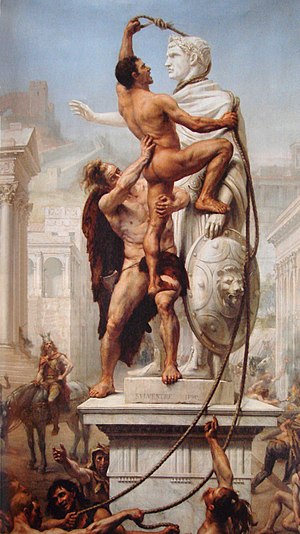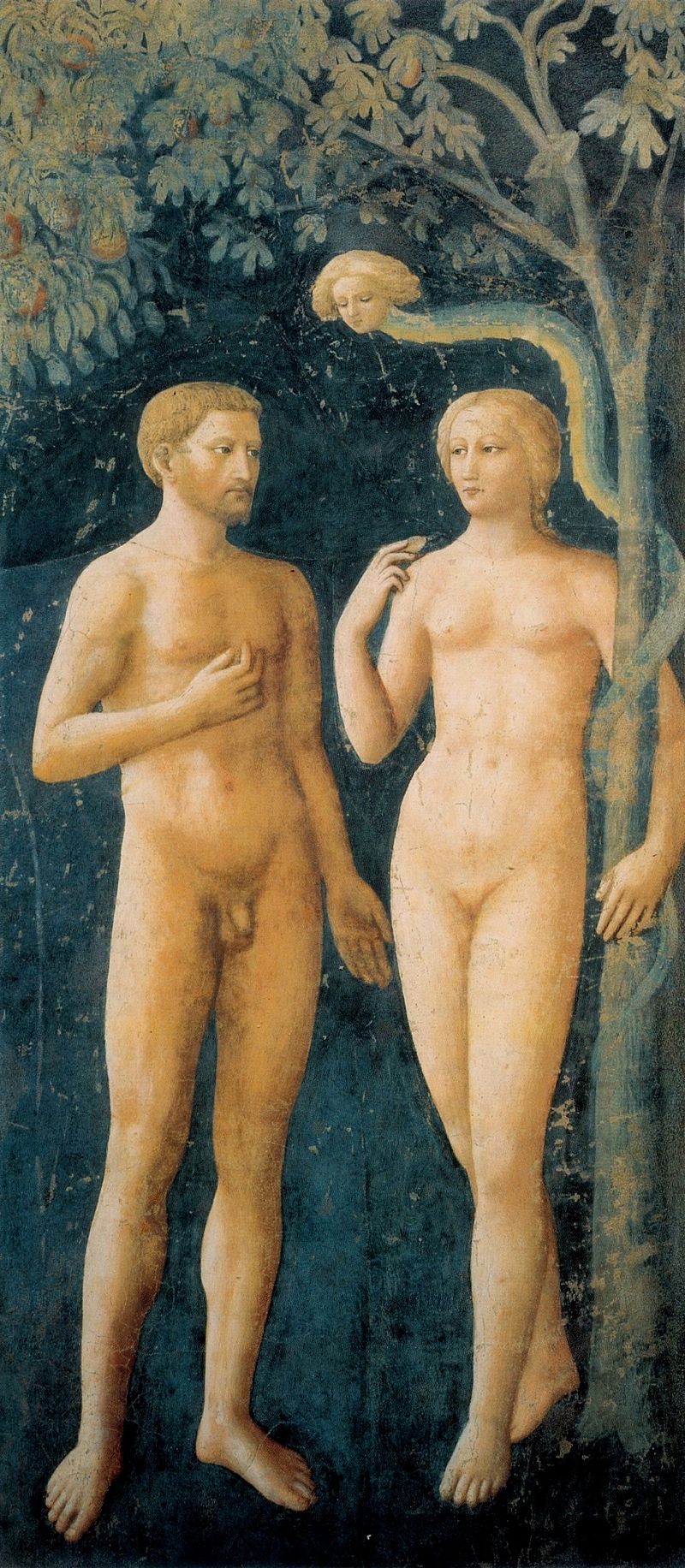
Εἰς τὸ τέλος, ἐν ὕμνοις· ψαλμὸς τῷ Ἀσάφ, ᾠδή, πρὸς τὸν Ἀσσύριον.
γνωστὸς ἐν τῇ Ἰουδαίᾳ ὁ θεός, ἐν τῷ Ἰσραὴλ μέγα τὸ ὄνομα αὐτοῦ. καὶ ἐγενήθη ἐν εἰρήνῃ ὁ τόπος αὐτοῦ, καὶ τὸ κατοικητήριον αὐτοῦ ἐν Σιών· ἐκεῖ συνέτριψεν τὰ κράτη τῶν τόξων, ὅπλον καὶ ῥομφαίαν καὶ πόλεμον· ἐκεῖ συνκλάσει τὰ κέρατα. διάψαλμα. φωτίζεις σὺ θαυμαστῶς ἀπὸ ὀρέων αἰωνίων. ἐταράχθησαν πάντες οἱ ἀσύνετοι τῇ καρδίᾳ· ὕπνωσαν ὕπνον αὐτῶν, καὶ οὐχ εὗρον οὐδὲν πάντες οἱ ἄνδρες τοῦ πλούτου ταῖς χερσὶν αὐτῶν. ἀπὸ ἐπιτιμήσεώς σου, ὁ θεὸς Ἰακώβ, ἐνύσταξαν οἱ ἐπιβεβηκότες τοὺς ἵππους. σὺ φοβερὸς εἶ, καὶ τίς ἀντιστήσεταί σοι ἀπὸ τῆς ὀργῆς σου; ἐκ τοῦ οὐρανοῦ ἠκόντισας κρίσιν, γῆ ἐφοβήθη καὶ ἡσύχασεν, ἐν τῷ ἀναστῆναι εἰς κρίσιν τὸν, θεόν, τοῦ σῶσαι πάντας τοὺς πρᾳεῖς τῇ καρδίᾳ. διάψαλμα. ὅτι ἐνθύμιον ἀνθρώπου ἐξομολογήσεταί σοι, καὶ ἐνκατάλιμμα ἐνθυμίου ἑορτάσει σοι. εὔξασθε καὶ ἀπόδοτε Κυρίῳ τῷ θεῷ ἡμῶν· πάντες οἱ κύκλῳ αὐτοῦ οἴσουσιν δῶρα τῷ φοβερῷ καὶ ἀφαιρουμένῳ πνεύματα ἀρχόντων, φοβερῷ παρὰ τοῖς βασιλεῦσι τῆς γῆς.
(Psalms 76 (75))
In finem. in laudibus. psalmus Asaph. canticum ad Assyrios.
notus in Iudaea Deus; in Israel magnum nomen eius, et factus est in pace locus eius, et habitatio eius in Sion. ibi confregit potentias arcuum, scutum, gladium, et bellum. illuminans tu mirabiliter de montibus aeternis; turbati sunt omnes insipientes corde. dormierunt somnum suum, et nihil invenerunt omnes viri divitiarum in manibus suis. ab increpatione tua, Deus Iacob, dormitaverunt qui ascenderunt equos. tu terribilis es, et quis resistet tibi? ex tunc, ira tua. de caelo auditum fecisti iudicium: terra tremuit et quievit cum exsurgeret in iudicium Deus ut salvos faceret omnes mansuetos terrae, quoniam cogitatio hominis confitebitur tibi et reliquiae cogitationis diem festum agent tibi. vovete, et reddite Domino, Deo vestro; omnes qui in circuitu eius affertis munera terribili, et ei qui aufert spiritum principum, terribili apud reges terrae.
(tr. Jerome)
Unto the end. In praises. A psalm for Asaph. A canticle to the Assyrians.
(tr. Douay-Rheims)
In Judea God is known; his name is great in Israel, and his place is in peace, and his abode in Zion. There hath he broken the powers of bows, the shield, the sword, and the battle. Thou enlightenest wonderfully from the everlasting hills. All the foolish of heart were troubled. They have slept their sleep, and all the men of riches have found nothing in their hands. At thy rebuke, O God of Jacob, they have all slumbered that mounted on horseback. Thou art terrible, and who shall resist thee? From that time, thy wrath. Thou hast caused judgment to be heard from heaven; the earth trembled and was still when God arose in judgment to save all the meek of the earth, for the thought of man shall give praise to thee and the remainders of the thought shall keep holiday to thee. Vow ye, and pay to the Lord, your God; all you that are round about him bring presents to him that is terrible, even to him who taketh away the spirit of princes, to the terrible with the kings of the earth.








